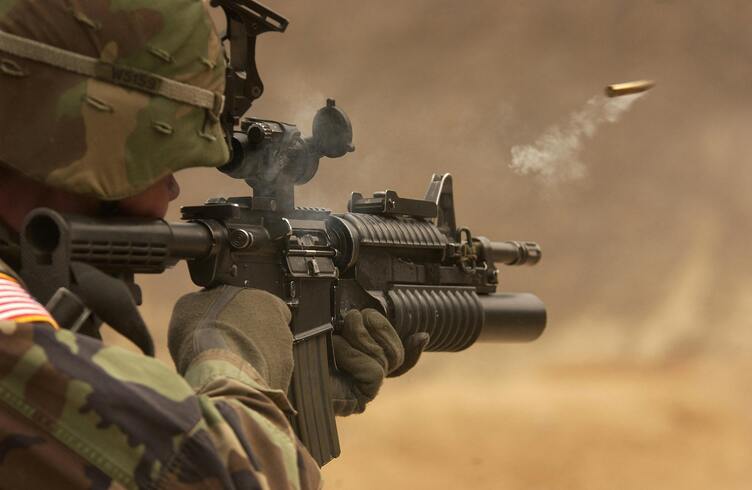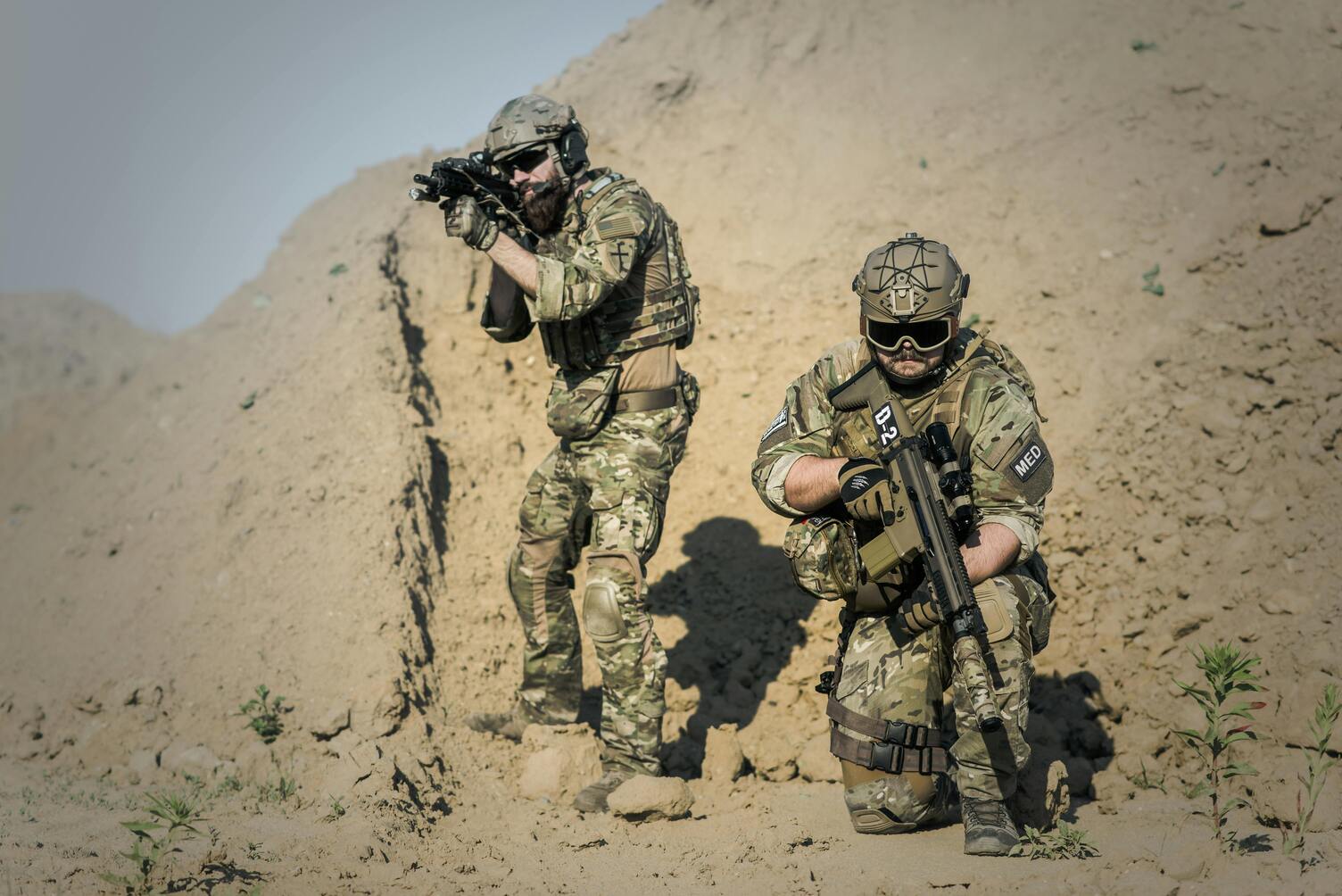In an era where conflicts continue to ravage regions across the globe, none more persistent than the turmoil in the Middle East, it’s time for a paradigm shift in our approach to peacekeeping. Today, we propose a revolutionary concept that could reshape the geopolitical landscape and usher in an unprecedented era of global stability: The Global Peace Alliance (GPA).
Imagine a world where the combined might of all United Nations member states stands ready to intervene at a moment’s notice, not in the interest of any single nation or bloc, but in the name of peace itself. This is the promise of the Global Peace Alliance – a supranational military force with a singular, unwavering mission: to ensure world peace.
The GPA represents a radical departure from traditional peacekeeping efforts. It is not hampered by the political deadlock that often paralyzes the UN Security Council. Instead, it operates on a simple principle: when conflict erupts, both parties receive an ultimatum to cease hostilities immediately. Failure to comply would result in swift and decisive action by the combined military forces of all UN member states.

What sets the GPA apart is its absolute impartiality. Historical alliances, economic ties, and geopolitical considerations become irrelevant in the face of its mandate. Whether it’s long-standing adversaries in the Middle East or emerging tensions in other parts of the world, the GPA’s response would be uniform and unequivocal.
Critics may argue that such a force infringes on national sovereignty, but we must ask ourselves: what is the value of sovereignty in a world torn apart by conflict? The GPA doesn’t seek to govern or control; it aims to create the conditions necessary for peaceful coexistence and diplomatic resolution of disputes.
For the Middle East, a region that has known little but strife for generations, the GPA offers a chance to break the cycle of violence. Imagine Israeli and Palestinian leaders, or rival factions in Syria or Yemen, knowing that continued aggression would be met not just with international condemnation, but with the combined military might of the entire world. This stark reality could dramatically alter the calculus of conflict, making peaceful negotiation the only viable option.
The formation of the GPA would require unprecedented cooperation among nations, but the potential benefits are immeasurable. Beyond the Middle East, it could deter conflicts worldwide, from the Korean Peninsula to Eastern Europe, from the South China Sea to Sub-Saharan Africa.
Moreover, the very existence of such a force could have a profound psychological impact on global relations. Nations would be compelled to seek diplomatic solutions, knowing that military adventurism would be met with overwhelming force. This could lead to a new era of international cooperation, where dialogue and negotiation become the primary tools of statecraft.

The right to live in a peaceful world is fundamental and universal. It transcends borders, cultures, and ideologies. The Global Peace Alliance embodies this principle, offering a bold vision of a world where conflicts are swiftly contained and resolved, where the instruments of war are used solely in the service of peace.
As we stand at this critical juncture in history, we must ask ourselves: Are we content to continue with the status quo, or are we ready to take a leap towards a truly peaceful world? The Global Peace Alliance offers us this opportunity. It’s time for the nations of the world to unite, not just in words, but in decisive action. The path to lasting peace may be challenging, but with courage, commitment, and the combined strength of all nations, it is within our grasp.
The world watches and waits. Will we rise to the challenge?